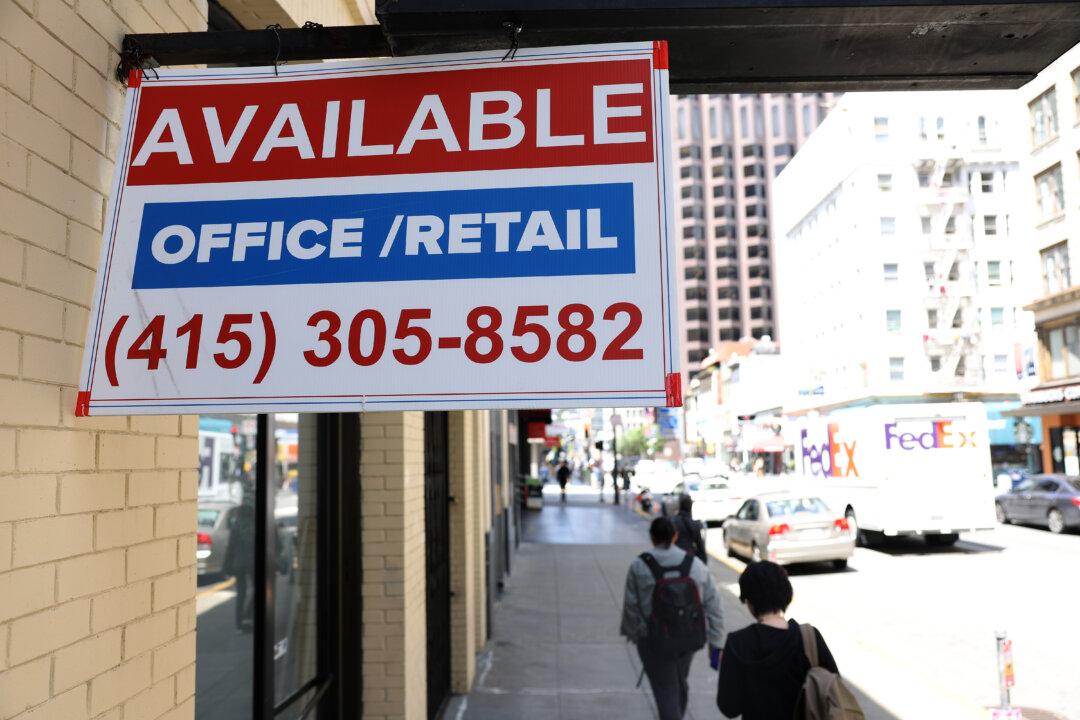California legislation that aims to make downtown San Francisco less “office-focused” has passed its legislative first hurdle.
A bill proposed by San Francisco’s Sen. Scott Wiener aims to help transform the city’s beleaguered downtown by creating a “revitalization zone,” temporarily removing environmental reporting required by the California Environmental Quality Act (CEQA), and providing some developers with tax breaks.





